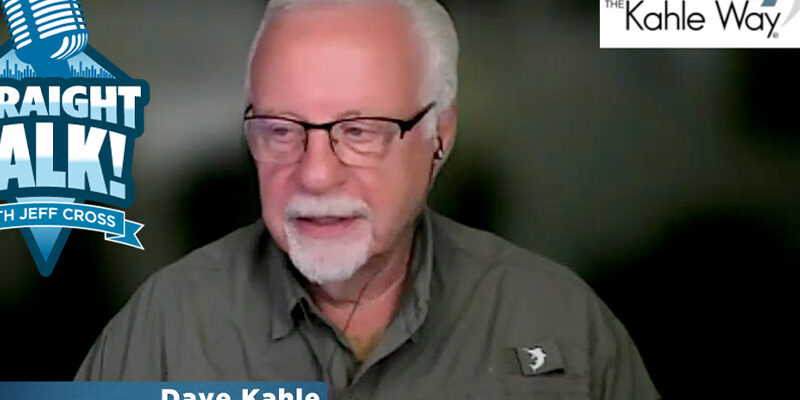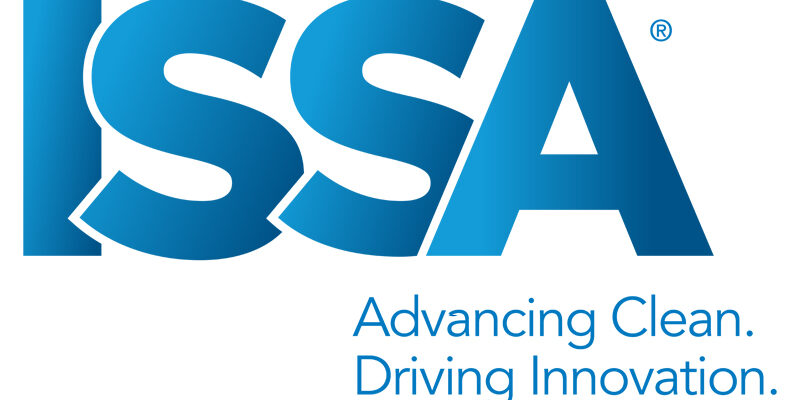Increasing Your EI

It was the mid-1990s when I first heard the term Emotional Intelligence (also known today as EI or EQ) as a means of helping managers and leaders to understand the human mind. While many researchers and authors have written about this topic, psychologists Peter Solovey and John D. Mayer were the first to report on its significance.
Solovey and Mayer innovatively uncovered that human intelligence is not simply guided by our IQ but also by our emotional responses and individual social interactions. Their research led to a much better way for managers and leaders to both learn and understand how to define intelligence and, over time, realize that the standard IQ test could effectively be supplemented by accurate, quantifying tests measuring the social and emotional intelligence of an individual.
As EI evolved to become part of our concept of intelligence, there became a clear understanding that IQ alone is not enough to define and direct success, specifically in the business world where interaction with other human beings (in our case, all of our stakeholders) is the most crucial determinate of success or failure.
So, what is EI? It is the capacity to recognize, understand, and manage our own emotions, and to empathize effectively with the emotions of others. In simpler terms, it’s about forging a deeper connection with our own emotions and those of others.
Daniel Goleman’s groundbreaking book, Emotional Intelligence: Why It Can Matter More Than IQ, quickly brought the concept of EI to the mainstream of business theory, as did his development of what he referred to as the Five Domains of Emotional Intelligence:
- Self-awareness—knowing what you are feeling at any given time and understanding the impact your moods have on others
- Self-regulation—controlling or redirecting your emotions; anticipating consequences before acting on impulse
- Motivation—utilizing emotional factors to achieve your goals, enjoy the learning process, and persevere in the face of obstacles
- Empathy—sensing the emotions of others
- Social skills—managing relationships, inspiring others, and inducing desired responses from them.
Since the early years of research and practical applications of Goleman’s concepts, it has been proven time and time again that a high EI positively impacts and influences interpersonal relationships. Individuals who possess an entrenched ability to understand, show empathy, and react with refinement and reverence to even stressful situations don’t just facilitate respect and show leadership—they make others want to be like and/or near them.
Could this be a key to long-term retention of valuable employees in your organization? I think you know the answer to this question, without any hesitation.
In its simplest form, EI is all about how we manage ourselves and how we manage our relationships with others. As an human resources professional, I believe that we need to discover ways to not only increase our own EI but to identify the EI potential in job candidates.
Increasing your EI is a process that involves refining and practicing specific behaviors that will enable you and your team to grow and prosper. According to an article by Indeed Career Guide, there are nine actionable steps to enhance your emotional intelligence:
- Be more self-aware—know yourself and understand how you are feeling and why.
- Recognize how others feel—gauge how others perceive your behavior and communication.
- Practice active listening—really listen to others, not just hear.
- Communicate clearly—be specific and be authentic.
- Stay positive—maintain a positive attitude, even when negativity is around you.
- Empathize—try to imagine yourself in others’ positions (not the same as being sympathetic).
- Be open-minded—be considerate of other opinions that may be different than yours.
- Listen to feedback—be open to feedback as a way to learn and grow professionally.
- Stay calm under pressure—develop strategies to help you keep calm in stressful situations.
Keep in mind that the art of raising your EI is a never-ending process that will provide you with the most satisfying ROI possible—a healthy, happy, and highly motivated workforce and culture. Measure it today and then plan to increase it over the coming year.












